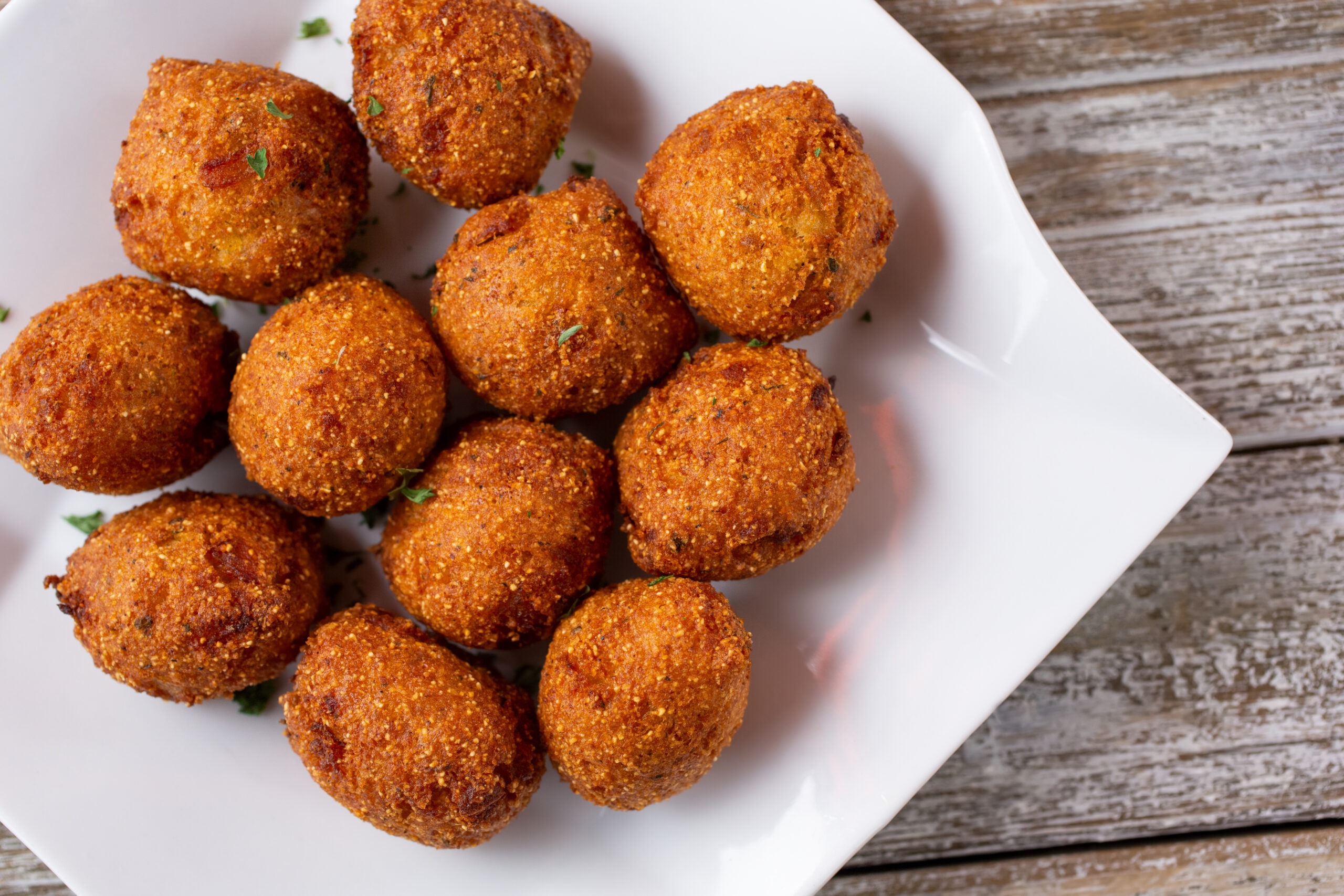Sugar and Kidney Disease

What is sugar?
Fiber, starches, and sugars are all carbohydrates that are important and give energy to our body. Carbohydrates are categorized as complex and simple carbohydrates depending on how slowly or quickly they are digested and absorbed in our body.
The white sugar many of us are familiar with is a ‘refined’ or ‘processed’ sugar, made from sugar cane or sugar beets. This type of sugar is used to sweeten drinks, cakes, cereals, yogurts, and many other processed foods. There are many other forms of processed sugars that are chemically produced in various ways, which are also used to sweeten processed foods and drinks. This type of sugar falls in the simple carbohydrates category as they are digested quickly in our body, thus giving an immediate burst of glucose (energy) and causing our blood sugar levels to increase quickly.
Our bodies digest sugars from complex carbohydrates in fruits and vegetables differently than sugars found in processed foods. Since fruits and vegetables are high in fiber, our bodies digest these foods and their sugars more slowly, giving a steadier supply of glucose (energy) to our body.
Hidden sugar in foods
Sugar comes in many different forms and are listed on food labels in many different ways. At times, it may seem like sugars are “hidden” in foods when we aren’t aware of how to look for them in food labels. That’s why it is important to know how to spot the ‘hidden sugars’ in the foods you are eating. A food that looks like it does not have any sugar may have one or more “hidden sugars”. All these different forms of sugar have calories and little nutrient value. Many times, these hidden sugars are sweeter than real sugar.
Sugar alone does not cause unique problems for people with chronic kidney disease. But eating too much sugar can lead to unwanted weight gain and diabetes, which can cause complications for those with kidney disease.
Names of hidden sugars to look out for on a nutrition label:
- Barley malt
- Beet sugar
- Brown rice syrup
- Cane juice
- Cane sugar
- Caramel
- Coconut sugar
- Corn syrup
- Date sugar
- Fructose syrup
- Fruit juices
- *Galatose
- *Glucose syrup
- Grape juice
- *High fructose corn syrup
- *High maltose corn syrup
- Honey
- Malted (type of grain)
- Maltodextin
- Maple syrup
- Molasses
- Powdered sugar
- Raw sugar
- Rice sugar
- * Most ingredients with ending – ose
Your support goes further with AKF
Your donation allows AKF to support people wherever they are in their fight against kidney disease – from prevention through transplant. For more than 50 years, we have fought on all fronts for millions of people impacted by kidney disease.
Donate today to support our work













